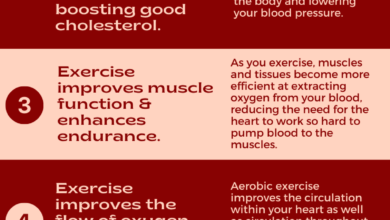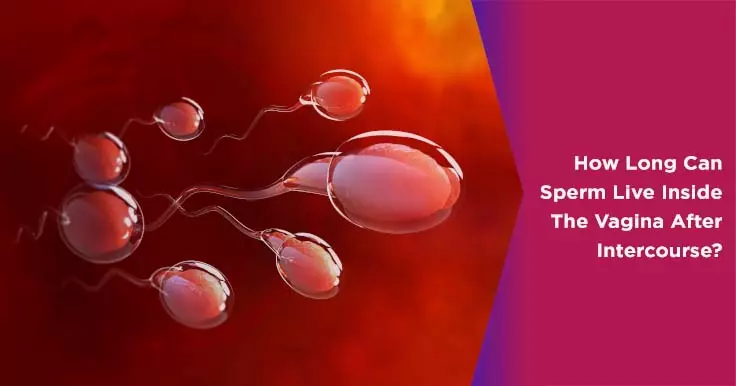
How Long Can Healthy Sperm Survive? Discover the Facts!
Healthy sperm can survive up to five days inside the female reproductive tract. Their lifespan outside the body is much shorter, typically a few hours.
Sperm health and longevity are crucial topics for anyone trying to conceive. Understanding how long sperm can live informs fertility planning and sexual health. Factors such as environmental conditions, lifestyle choices, and overall health can impact sperm viability. Inside the female body, sperm can survive in the cervical mucus for several days, increasing the chances of fertilization.
Outside the body, sperm die quickly without the necessary conditions to thrive. Knowing these details helps individuals make informed decisions about timing and conception. Proper awareness and healthy habits can enhance fertility and reproductive success.
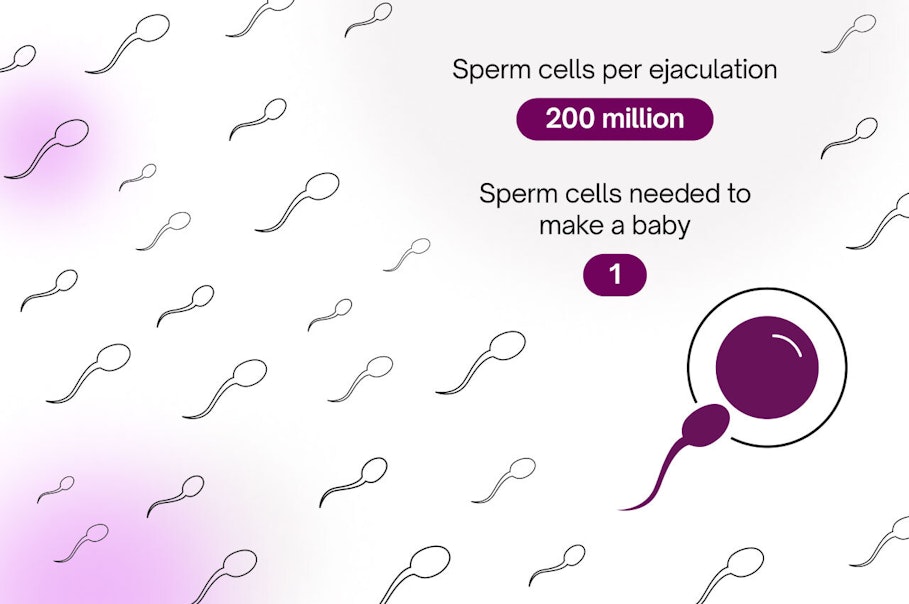
Credit: www.naturalcycles.com
Factors Influencing Sperm Lifespan
Understanding the factors influencing sperm lifespan is crucial for fertility health. Various elements impact how long sperm can survive inside and outside the body. Let’s explore these factors.
Temperature
Sperm lifespan is significantly affected by temperature. Sperm thrive in cooler environments. The scrotum keeps sperm at an optimal temperature, slightly cooler than the body’s average. Elevated temperatures can reduce sperm lifespan.
High fever or prolonged exposure to heat can damage sperm. It’s essential to maintain a stable, cool environment for healthy sperm.
Environment
The environment plays a vital role in sperm survival. Sperm survive longer in the female reproductive tract. Inside the female body, sperm can live up to five days.
Outside the body, sperm lifespan decreases drastically. On a dry surface, sperm die quickly. In water, like hot tubs or baths, sperm might live a few minutes.
Lifestyle Choices
Lifestyle choices impact sperm health and lifespan. Unhealthy habits like smoking and excessive alcohol intake reduce sperm quality. Regular exercise and a balanced diet can improve sperm longevity.
Stress and lack of sleep also affect sperm health. Managing stress and ensuring adequate rest are crucial for maintaining healthy sperm.
| Factor | Impact on Sperm Lifespan |
|---|---|
| Temperature | Cooler temperatures increase lifespan, heat reduces it |
| Environment | Longer survival inside the female body, short outside |
| Lifestyle Choices | Healthy habits improve lifespan, unhealthy reduce it |
Sperm Lifespan Inside The Body
Understanding how long healthy sperm can survive inside the body is crucial for fertility planning. The lifespan of sperm varies based on their environment. Inside the female reproductive system, sperm can live longer than in external conditions. Let’s explore this fascinating journey of sperm inside the female body.
Within The Female Reproductive System
Once sperm enter the female reproductive system, their journey begins. Sperm can live up to five days inside the female body. This lifespan depends on various factors. The environment within the female reproductive tract is vital. It provides the necessary conditions for sperm survival.
The uterus and fallopian tubes offer a nurturing environment. Sperm can swim through these areas to reach the egg. The temperature and pH levels inside the female body are ideal. These factors help sperm live longer and stay active.
Role Of Cervical Mucus
Cervical mucus plays a crucial role in sperm lifespan. During ovulation, cervical mucus changes its consistency. It becomes more slippery and stretchy. This change creates a perfect medium for sperm to swim. It helps sperm survive longer by providing nourishment.
Cervical mucus also acts as a filter. It allows only the healthiest sperm to pass through. This selective process increases the chances of fertilization. The quality of cervical mucus can impact sperm lifespan significantly.
| Factors | Impact on Sperm Lifespan |
|---|---|
| Temperature | Ideal temperature increases lifespan |
| pH Levels | Optimal pH levels enhance survival |
| Cervical Mucus | Quality mucus extends lifespan |
In summary, sperm lifespan inside the female body can extend up to five days. Factors like temperature, pH levels, and cervical mucus play a significant role. These elements create a favorable environment for sperm survival and fertility.
Sperm Lifespan Outside The Body
Understanding how long healthy sperm can survive outside the body is important. The lifespan of sperm varies based on the environment. Here, we will discuss two main scenarios: In Air and on Surfaces, and In Water.
In Air And On Surfaces
Sperm dries out quickly when exposed to air. When sperm dries, it dies. On surfaces like skin or fabric, sperm can live for a few minutes. The drying process kills the sperm. In a warm, dry environment, sperm lasts very short.
In contrast, on moist surfaces, sperm can live longer. In a warm, moist environment, sperm can live up to 30 minutes. This is still a short time compared to inside the body.
| Environment | Approximate Lifespan |
|---|---|
| Dry surfaces (skin, fabric) | Few minutes |
| Moist surfaces | Up to 30 minutes |
In Water
Sperm can survive longer in water. Warm water is more sperm-friendly. In a hot tub, sperm may live for several minutes. The temperature and chemicals in the water affect sperm lifespan.
In freshwater, sperm can live up to a few minutes. In saltwater, sperm dies faster. Chemicals in the pool water kill sperm quickly.
- Hot tub: Sperm lives a few minutes
- Freshwater: Sperm lives a few minutes
- Saltwater: Sperm dies quickly
- Pool water: Chemicals kill sperm quickly
In summary, sperm doesn’t survive long outside the body. The environment greatly affects its lifespan.
Optimal Conditions For Sperm Survival
Healthy sperm can survive for several days under the right conditions. For sperm to thrive, certain factors need to be optimal. These include temperature, protection from harmful elements, and a supportive environment. Understanding these factors can help improve the chances of conception.
Ideal Temperatures
The temperature of the environment plays a crucial role in sperm survival. Sperm thrive at body temperature, which is around 37°C (98.6°F). Excessive heat can damage sperm. To ensure optimal conditions, avoid hot baths, saunas, and tight clothing. Here is a quick overview:
| Temperature | Impact on Sperm |
|---|---|
| Below 37°C | Ideal for survival |
| Above 37°C | May cause damage |
Protective Measures
Sperm need protection from various harmful factors. Exposure to chemicals and radiation can reduce their lifespan. Wear protective gear if you work with hazardous materials. Also, consider these measures:
- Avoid smoking and alcohol
- Maintain a healthy diet
- Exercise regularly but avoid excessive strain
These protective steps can significantly enhance sperm health and survival. A balanced lifestyle ensures an optimal environment for sperm.
Impact Of Age On Sperm Lifespan
The lifespan of sperm can be influenced by various factors, including age. As men age, their bodies undergo changes that can affect sperm health and longevity. Understanding these changes can help maintain healthy sperm for a longer time.
Age-related Changes
As men age, their sperm quality may decrease. This can affect the lifespan of sperm. Older men might produce fewer sperm, and the sperm produced might be less healthy.
Age-related changes in sperm include:
- Decreased sperm count
- Reduced sperm motility
- Increased DNA fragmentation
These changes can make it harder for sperm to survive and fertilize an egg.
Maintaining Sperm Health With Age
Men can take steps to maintain sperm health as they age. Here are some tips:
- Eat a balanced diet rich in vitamins and minerals.
- Exercise regularly to maintain a healthy weight.
- Avoid smoking and excessive alcohol consumption.
- Stay hydrated by drinking plenty of water.
- Manage stress through relaxation techniques.
Following these tips can help keep sperm healthy and improve their lifespan. It’s important to take care of your overall health, as it directly impacts sperm quality.
Age is just one factor that can affect sperm lifespan. By understanding these changes and taking proactive steps, men can help ensure their sperm remains healthy for longer.
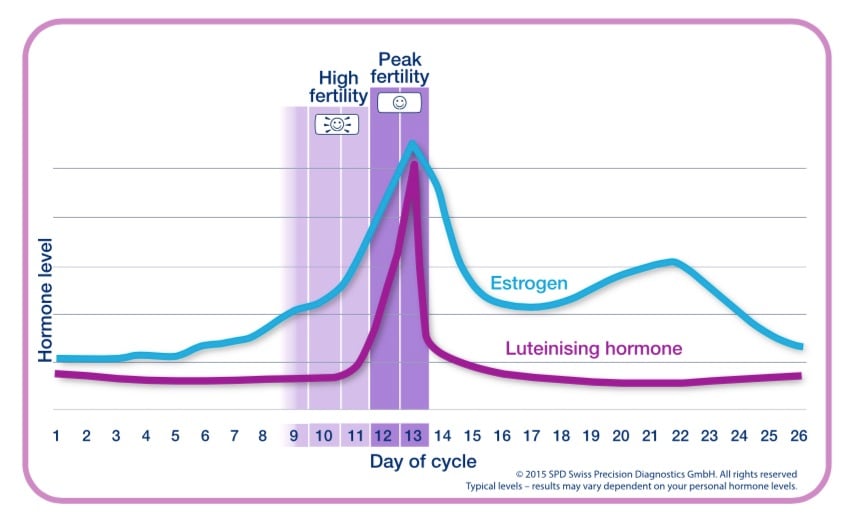
Credit: www.clearblue.com
Improving Sperm Longevity
Improving Sperm Longevity is essential for couples trying to conceive. Healthy sperm can survive longer, increasing the chances of fertilization. Here are some key strategies to improve sperm longevity.
Diet And Nutrition
A balanced diet can significantly boost sperm health. Nutrients like zinc, selenium, and folic acid are crucial. Foods rich in antioxidants help protect sperm from damage.
- Zinc: Found in nuts, seeds, and meat.
- Selenium: Present in Brazil nuts and fish.
- Folic Acid: Available in leafy greens and legumes.
- Antioxidants: Abundant in berries, citrus fruits, and vegetables.
Hydration is also important. Water helps maintain healthy sperm motility. Avoid sugary drinks and excessive caffeine. They can negatively impact sperm health.
Healthy Habits And Avoiding Risks
Adopting healthy habits can greatly improve sperm longevity. Regular exercise boosts overall health. It also enhances sperm quality.
Avoid smoking and excessive alcohol consumption. These habits harm sperm production and quality. Limiting exposure to environmental toxins is crucial.
Stress management is another key factor. High stress levels can negatively impact sperm health. Practices like meditation, yoga, and deep-breathing exercises help manage stress.
Maintaining a healthy weight is vital. Obesity can lead to hormonal imbalances. These imbalances can reduce sperm quality and longevity.
| Healthy Habit | Impact on Sperm |
|---|---|
| Exercise | Improves overall health and sperm quality |
| Avoid Smoking | Prevents damage to sperm production |
| Limit Alcohol | Protects sperm from quality degradation |
| Stress Management | Reduces negative impact on sperm health |
| Healthy Weight | Prevents hormonal imbalances |
Myths And Misconceptions
Many people have questions about how long healthy sperm can survive. There are several myths and misconceptions surrounding this topic. In this section, we will dispel these myths and present the scientific facts.
Common Myths
- Sperm die immediately outside the body: Many believe sperm die as soon as they leave the body. This is not true.
- Sperm can live for weeks inside a woman: Some think sperm can live for weeks inside a woman’s body. This is false.
- Heat kills sperm instantly: There is a belief that heat kills sperm instantly. This is incorrect.
Scientific Facts
| Scenario | Survival Time |
|---|---|
| Inside the female body | Up to 5 days |
| Outside the body (on dry surfaces) | Few minutes to an hour |
| In water (like a bath or hot tub) | Few minutes |
Healthy sperm can live up to five days inside a woman’s body. This happens in the right conditions, like the presence of cervical mucus. Outside the body, sperm don’t last long. On dry surfaces, they die within minutes. In water, they may live a little longer, but not much.
Understanding these facts can help dispel common myths about sperm survival. Knowing the truth helps people make informed decisions about fertility and contraception.
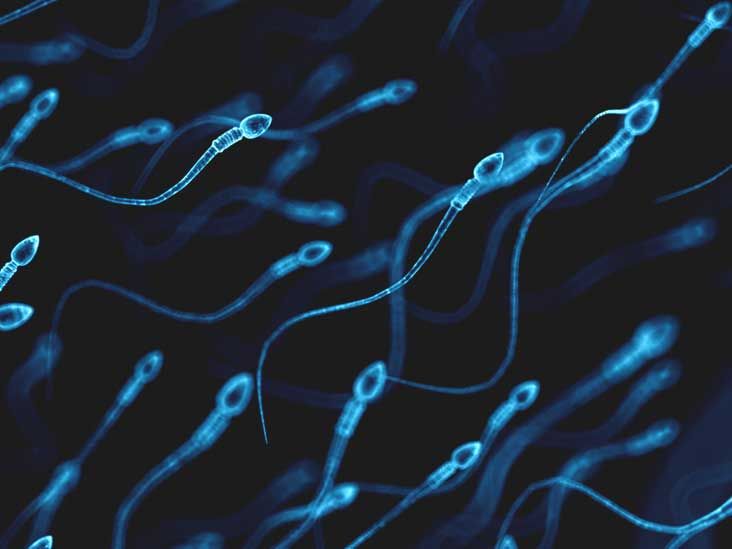
Credit: www.healthline.com
Frequently Asked Questions
How Long Can Sperm Live To Get You Pregnant?
Sperm can live inside the female body for up to five days. This increases the chances of getting pregnant.
What Are The Odds Of Sperm Surviving 5 Days?
Sperm can survive up to 5 days in a woman’s reproductive tract. The odds depend on factors like cervical mucus and overall sperm health. Optimal conditions increase their lifespan, aiding in fertilization.
How Long Does Sperm Stay Healthy In A Man?
Sperm can stay healthy in a man for up to 74 days. Regular ejaculation helps maintain sperm health. Factors like diet, lifestyle, and overall health also influence sperm quality.
What Is The Longest Sperm Survival?
Sperm can survive up to five days inside a woman’s reproductive tract. Optimal conditions enhance their longevity.
Conclusion
Understanding the lifespan of healthy \sperm is crucial for reproductive health. Sperm can survive up to five days in the female reproductive tract. Proper lifestyle choices can enhance sperm longevity and quality. Consult a healthcare professional for personalized advice. Prioritize your reproductive health for better outcomes.




